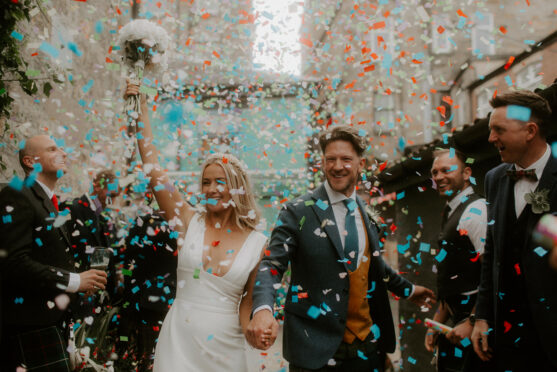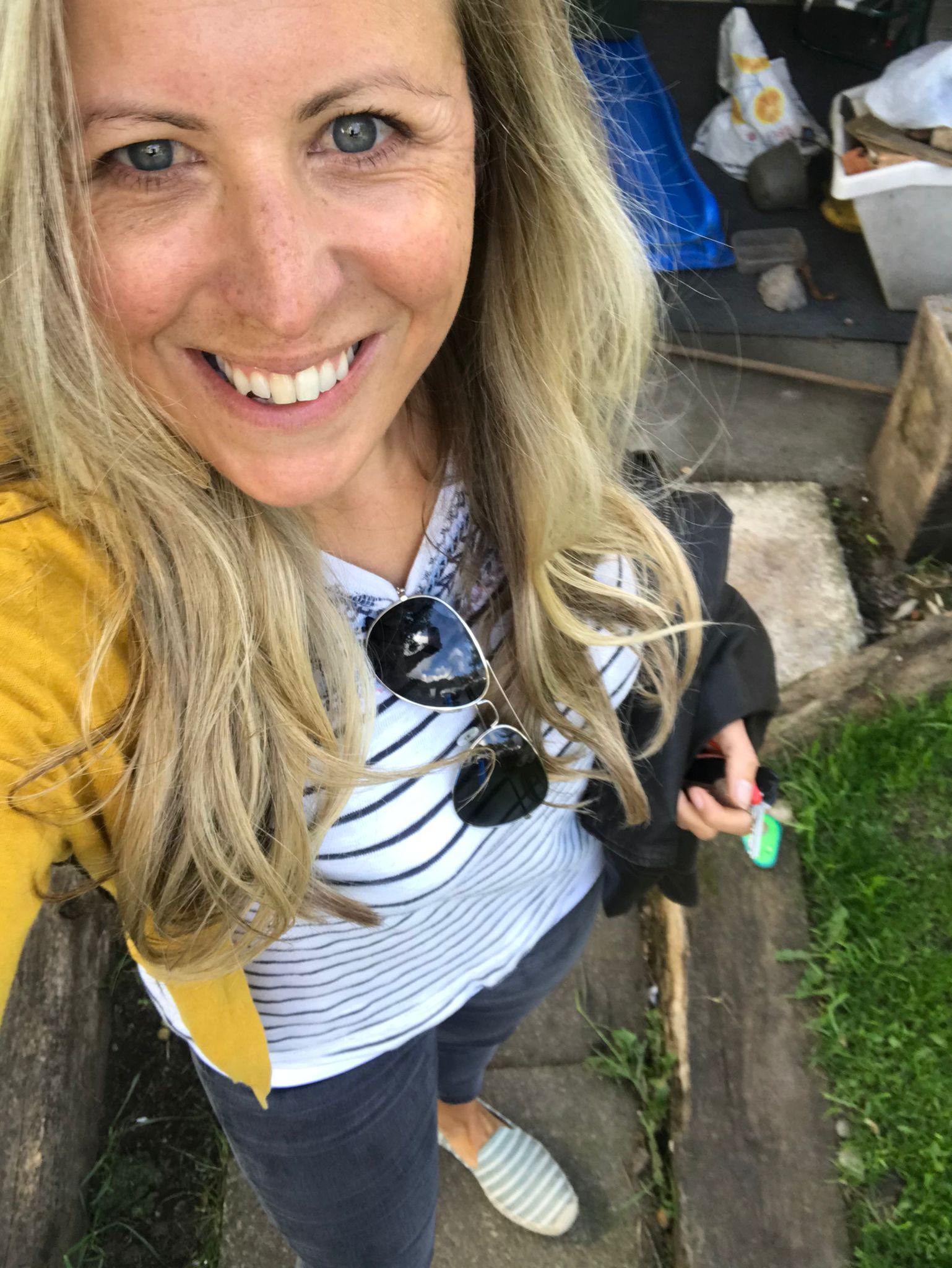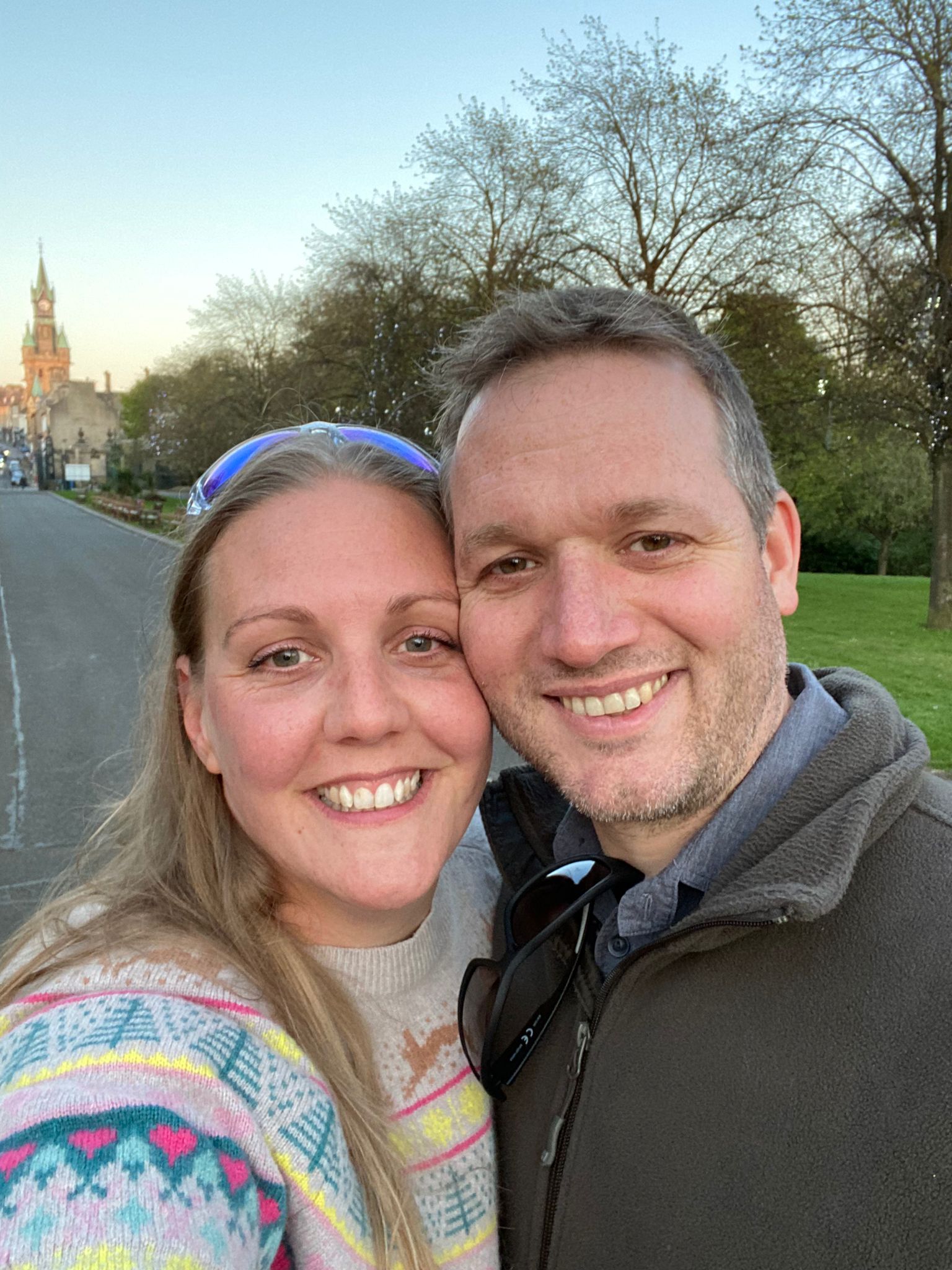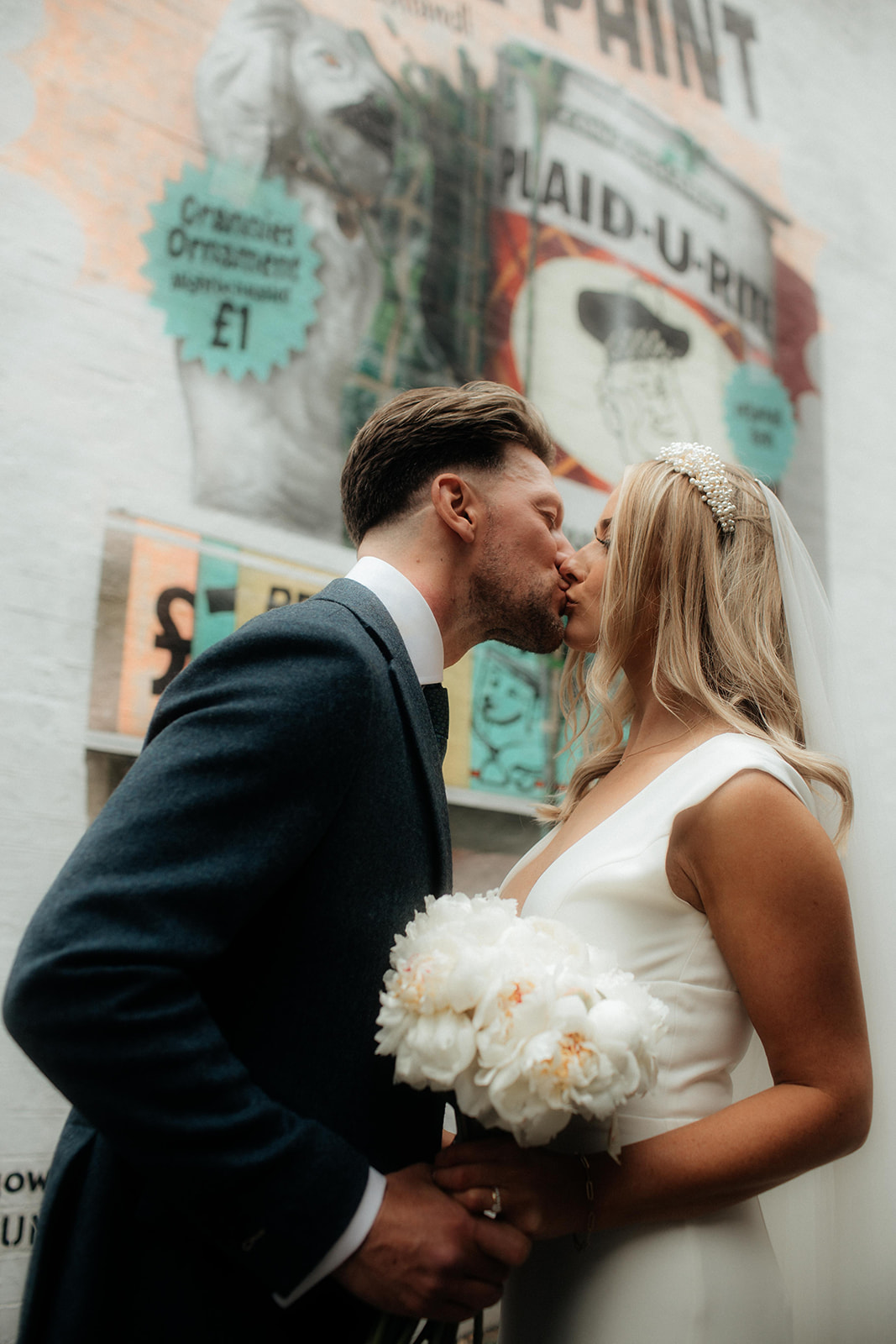
It’s had us swiping right, swiping left and super-liking for a decade, captivating thousands of singles around the world.
Ten years have passed since the launch of online dating giant Tinder and all the apps that followed, changing the way we date forever.
There is now a dating app out there for everyone: Bumble, where the woman has to make the first move; Hinge, believed to be a slightly more relationship-focused version of Tinder; Silver Singles for over 50s; Grindr, for gay, bi, trans, and queer people to connect and Happn, which matches you with people already in your wider social circle.
In fact, there is now such an endless number of apps for different tastes – there’s even specific apps for people who really like clowns or bacon – that around 30% of adults use online dating services in the UK.
Given their popularity therefore, how exactly has the dating world been changed by apps in terms of our psychology and approaches to finding love?
“Dating apps offer greater anonymity, which likely affects how we treat the people we talk to there,” explained Dr Sarah Stanton, a senior lecturer (associate professor) in the department of psychology at the University of Edinburgh.
“‘Ghosting’ [where you simply stop replying to a potential partner] has certainly increased with dating apps – research finds that people feel it’s just more convenient to disappear than it is to have a potentially awkward or effortful conversation with someone about why it’s not working out.
“But I wouldn’t say that finding love on a dating app in and of itself reduces the experience to a game; some people treat love like a game and others don’t, regardless of whether they’re on a dating app or out ‘in the wild.'”
The very basis of dating apps is that we decide to ‘like’ a potential partner based predominantly on the way they look, with very little else to go on, which has led to them being condemned as shallow. However, more is being done to target this, with apps bringing in videos and questions to show a more rounded version of a user’s personality as well as their physical appearance.
“I think there’s often an element of ‘shallowness’ in first impressions no matter where we meet someone,” said Stanton.
“Looks are almost always the first thing we notice in a potential partner.
“That said, some dating apps make photos the central focus, with viewing the whole profile being essentially optional for users, so relying solely on photos might increase the risk of objectifying potential matches.”
A study from 2020 published in BMC Psychology found that receiving a match on a dating app is similar to receiving a like on another social media platform, such as Instagram or Facebook. So are dating apps something people can find themselves becoming addicted to?
“It’s certainly the case that the quest for matches could consume a lot of time and effort, but frequent dating app use isn’t the same as compulsive use,” said Stanton.
“The ease of being able to pull out our mobile phones at any time to do a bit of swiping sets the stage for compulsive use, especially for some of us.
“For example, some research has found that socially anxious or lonely people are more prone to using dating apps compulsively.”
Another aspect of frequent dating app use has led to a psychological phenomenon – dating app fatigue – which was officially recognised as a condition in 2016.
This is something dating app user Jenny Rogers, 45, from Helensburgh has experienced. Since joining Tinder in 2020 after separating from her partner a year previously, she has been on over 30 dates, none of which have turned into anything more serious.
“I think the thing with the apps is that it’s just a bit of a lucky dip, and I don’t seem to have had much luck,” said Rogers.
“When I first started using Tinder I was all over the chats, starting conversations and putting a lot of effort in, but then after a while you find people will just stop replying to you, and you’re like well that was a lot of effort for nothing. But then I do the same to other people too.
“Then if you do get to the point where you’re ready to meet someone, often you get there and they’re really not what you were expecting.
“I sometimes wonder if I’m just expecting too much, but I think you do know when it’s right and when there’s a spark.”
She added: “Another thing that’s quite hard is the fact that I’m 45 and in that age bracket it’s quite a small pool of people similar to me.
“I have two young children, but I find that a lot of men who are in my age range either haven’t had kids yet, or their kids are a bit older and so they want to do things like jump in a campervan and move to France as they don’t have the responsibilities I have.
“It’s now been six months since I’ve been on an online date and I think to be honest it’s just not for me. I’m going to try in-person speed dating next. As much as I’m happy and I don’t mind being single, it’s also nice to be able to spend your life with someone.”
Although many find dating apps frustrating, statistics show that others have found long-lasting love as a result of their use. Despite being hailed as a more casual app, Tinder was responsible for pairing 27% of newlyweds who met online in 2021.
It also can’t be denied that dating apps have opened up new avenues for people to meet who wouldn’t have crossed paths otherwise, like mum of one Hannah Whitehall, 40, who met her partner Dan on Tinder last year after just a couple of months using the app.
“I separated from my husband last summer and then decided to join Tinder, more for a laugh than anything, around Christmas,” she said.
“But then I found someone I really liked very quickly, it was so unexpected.
“All I’d really wanted to do was maybe just go on dates and just have fun. But then I found Dan and we’re so similar. We’re both separated and have young kids of a similar age which was important to me.
“We did a video call before we met up in person which I think helped a bit as it was almost like we did know each other a little bit before we met.
“And it turned out he’s from a town near where I grew up and we used to go to the same cinema when we were children, so that was weird! But obviously really lovely too. Tinder just made it possible for us to meet when we might not have done in real life even though we had all these similar interests and history.”
She added: “I know it’s a bit of a minefield out there but I would say if you really are open to the apps then they can be a great place to find someone. My advice would be to be true to who you are, post realistic images, and maybe put a video in as well. And just be open to it, you never know who you’re going to meet on there!”
I met my future husband on Tinder and we couldn’t be happier
Sarah Paterson, 37, and husband Ross, 38, from Uddingston, tied the knot last year after meeting on Tinder in 2015. Here, Sarah shares their story.
Working in a female dominated area, there were no potential dates for me at work so that’s why I decided to try Tinder.
I’d say I’d been on and off the app for a year. After rejoining for the third time it wasn’t long before I found Ross, I think just a few days. I swiped right for him because we had a similar taste in music and holiday destinations.
In his pictures he looked like he was good fun and he appeared to have a good social life. I was also surprised that I hadn’t seen him out as we seemed to go to the same places. And of course I thought he was very handsome.
We messaged literally day to night. long and lengthy messages for about a month before we met. Looking back I think this is a great way of getting to know someone before investing time going on a date that might be a total waste of time.
When we did meet for the first time I felt like I really had a good grasp of the type of person Ross was in terms of his sense of humour, hobbies, interests, lifestyle, everything. We had loads in common so chatting was really easy and he made me laugh a lot.
We’ve now been together seven years and we got engaged after being together four years and celebrated our one year wedding anniversary in July. We also now have a dog, Winston, and we couldn’t be happier.

Enjoy the convenience of having The Sunday Post delivered as a digital ePaper straight to your smartphone, tablet or computer.
Subscribe for only £5.49 a month and enjoy all the benefits of the printed paper as a digital replica.
Subscribe

 © Meggy Mac Photography
© Meggy Mac Photography